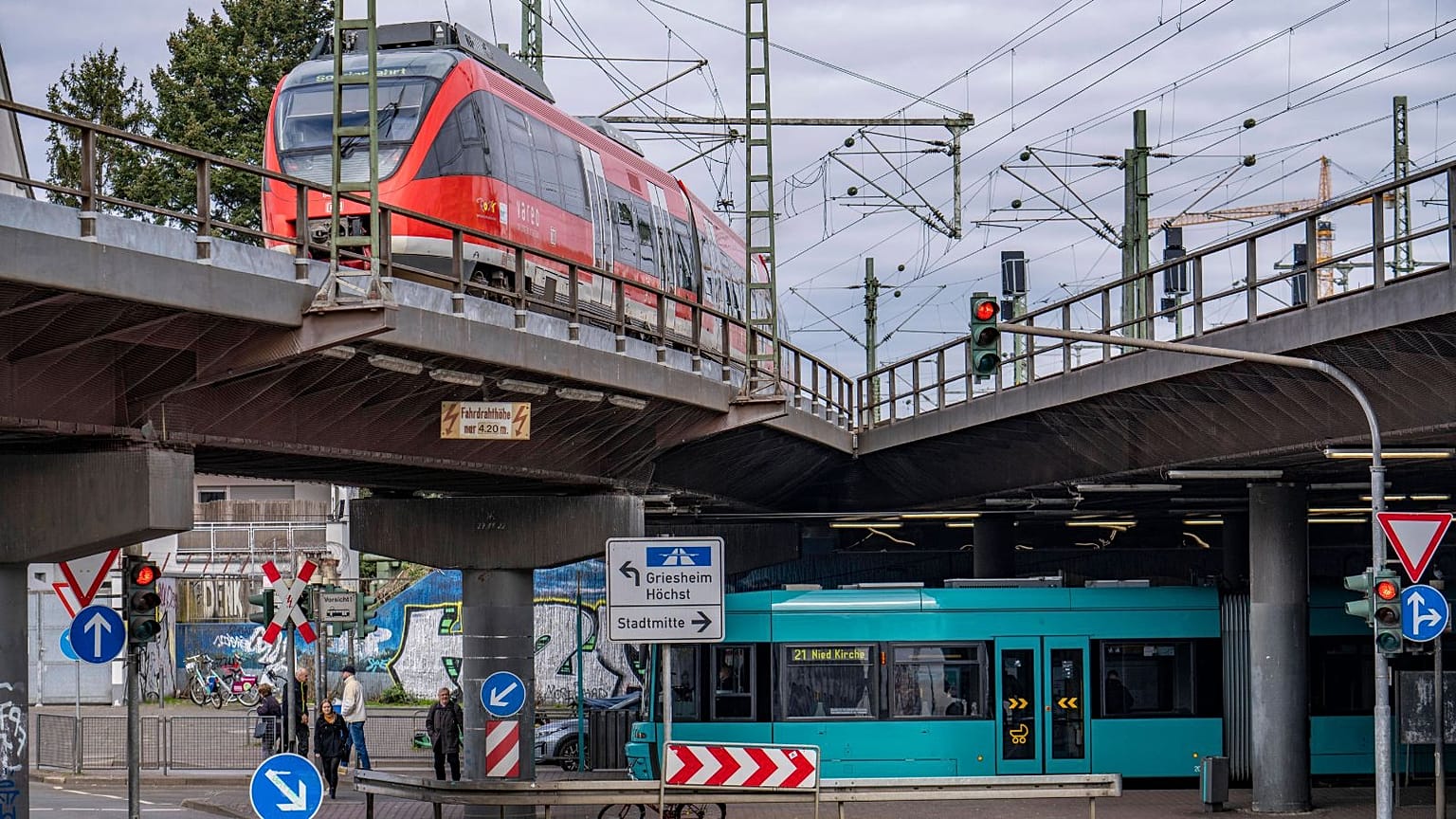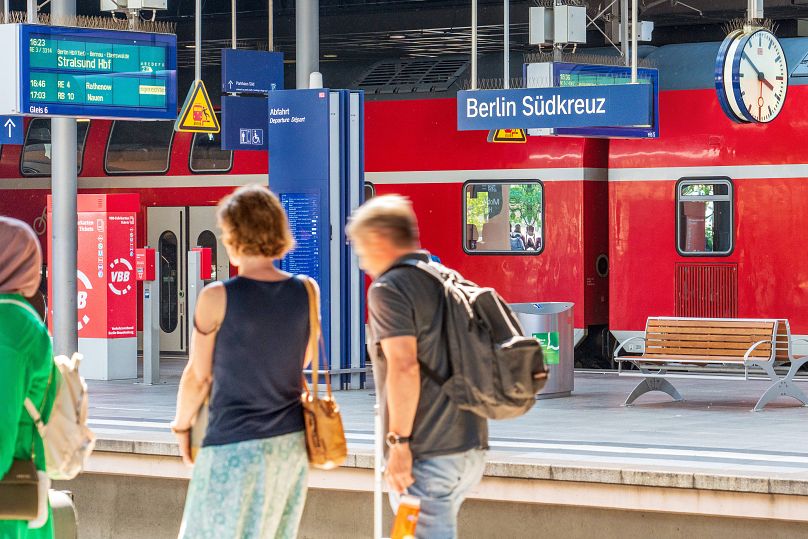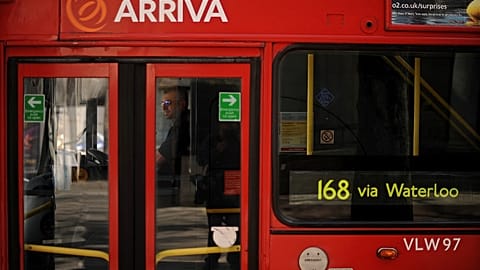Cheap public transport seems like a no-brainer to help tackle emissions. Germany’s example backs it up with strong numbers.
A scheme to increase the uptake of public transport in Germany has been hailed as a “huge success”.
 ADVERTISEMENT
ADVERTISEMENT
 ADVERTISEMENT
ADVERTISEMENT
The €49 a month ‘Deutschlandticket’ has led to a 25 per cent rise in passengers on national railway company Deutsche Bahn's regional services, according to DB Regio CEO Evelyn Palla.
Launched in May, the ‘D-Ticket’ enables people to take as many buses and local or regional trains across the country as they need. It includes Berlin’s popular S-Bahn network.
Comparing traveller numbers with April, the Deutschlandticket is “already a great success,” Palla told the German newspaper RedaktionsNetzwerk Deutschland (RND).
Speaking to German news agency DPA, Germany’s Transport Minister Volker Wissing has also described the ticket as “really a huge success.”
How has the Deutschlandticket changed people’s travel habits?
Since 1 May, Deutsche Bahn’s records show that Germans are using the D-Ticket to travel “significantly longer distances”.
Over summer, routes to the coast and mountains are proving particularly popular. That suggests that the scheme is enabling people to make more sustainable travel decisions around their holidays.
Though, as Palla acknowledges, this seasonal flux also partly explains the recent uptick in journeys.
“The fact that the trains were fuller in May and June than in April is also due to public holidays and the holiday season,” she says.
“The just under three months that we have now had the Deutschlandticket are not yet enough to paint an accurate picture.”
Still, the numbers show a promising trend. In the less than three months since its introduction, local public transport (ÖPNV) has seen almost one million new customers, Wissing points out.
“And we have increased the number of subscribers who are firmly committed to public transport. That means there is not just casual use, but everyday use.”
Demand for the ticket is still high. According to the Association of German Transport Companies (VDV), 9.6 million passengers used the D-Ticket subscription as of 20 June.
Will Germany’s €49 ticket stay?
In some regions, “people were travelling as much as in the €9 summer”, Palla told RND.
The €9 a month deal that ran from June to August last year saw 52 million tickets sold and an estimated 1.8 million tonnes of CO2 emissions avoided.
Although it was incredibly popular with significant climate benefits, the ultra-cheap pass cost the state too much for it to be extended.
There’s a question mark over how long this year’s €49 pass will last, with transport bosses warning in May that it may be unsustainable too.
But Wissing sounds a hopeful note. The more subscribers there are, the cheaper the Deutschlandticket will be in the long term.
“That’s why we have to make sure that as many people as possible use the ticket permanently.”
Here’s how Germany’s monthly €49 nationwide public transport ticket works, and where it is valid.


















